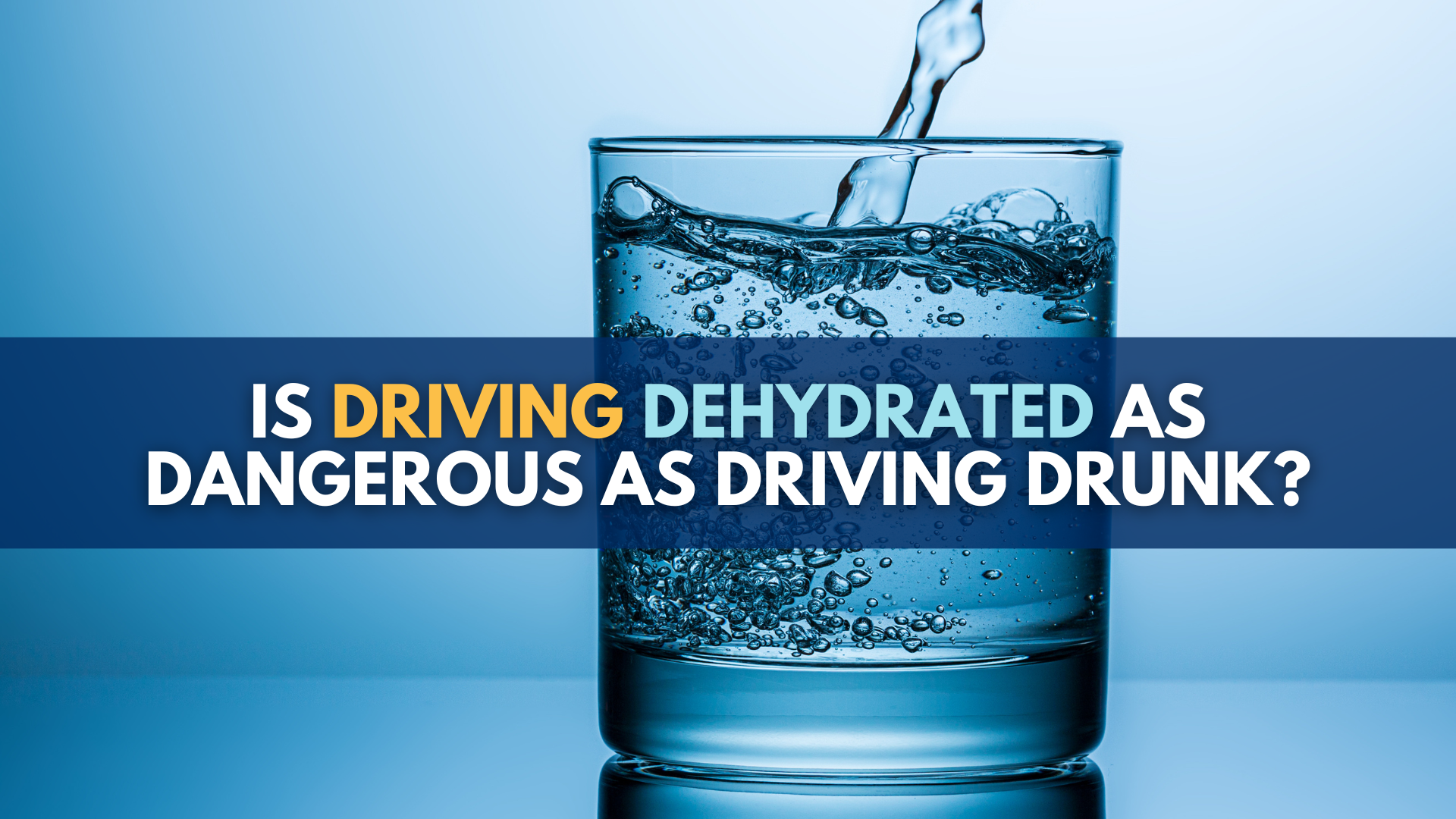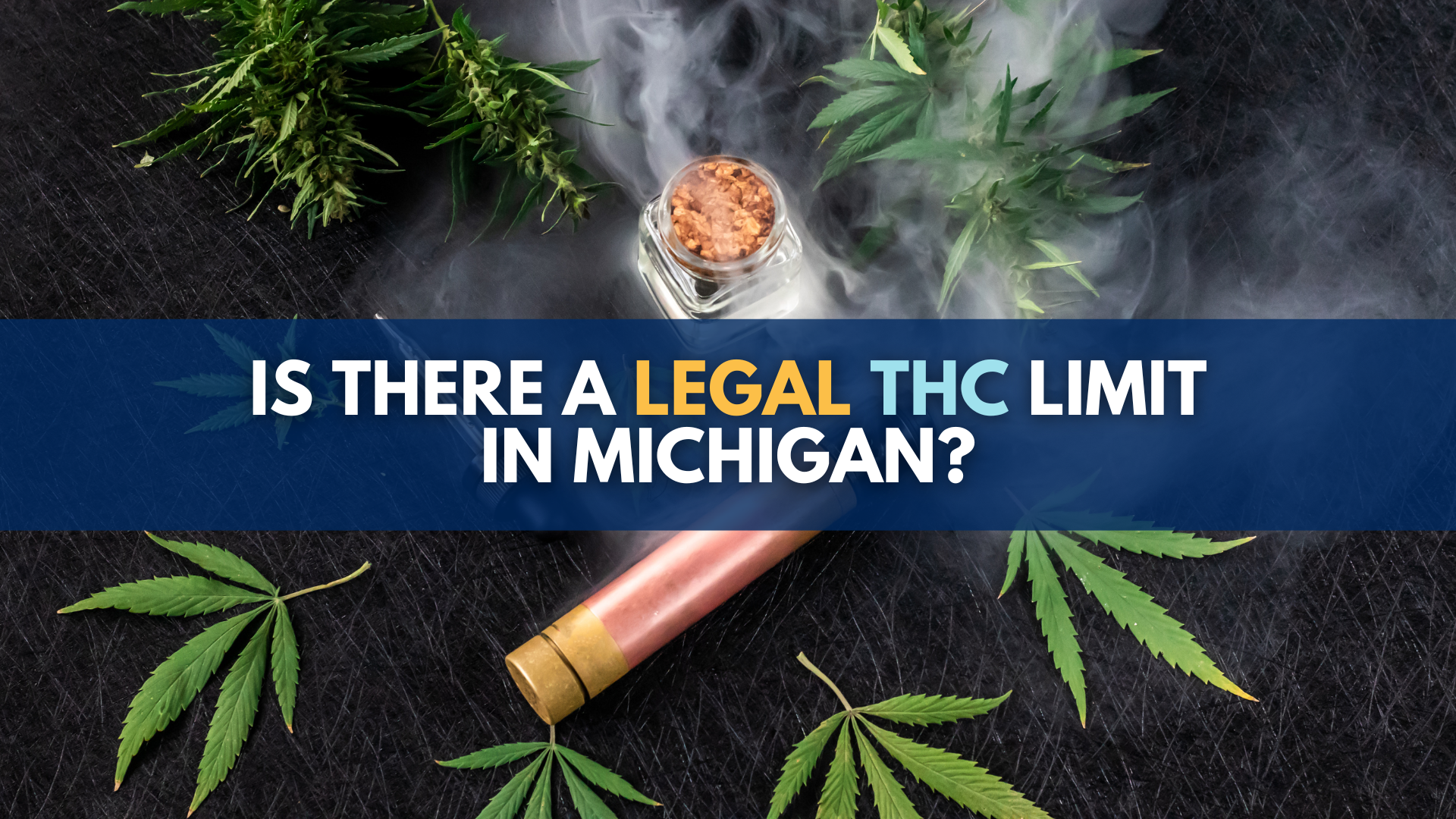Research shows testing drivers for marijuana may be effective to see if they’re ‘under the influence’
Police use a “breathalyzer” machine to test suspected drunk drivers to see if they’re driving under the influence of alcohol.
But what if there was a “marijuana breathalyzer” that would enable the police to determine whether a driver was driving “under the influence” of marijuana and/or had marijuana in his or her system? Would that stop people from driving if they’re high on pot?
Yes, it would, according to researchers at the National Institute of Drug Abuse, reports the Huffington Post.
In its article, “Marijuana Breath Test Could Offer Alternative To Controversial Blood Test for Pot DUIs,” the Huffington Post states:
“A recent study published in peer-reviewed medical journal Clinical Chemistry suggests that a marijuana breath test may be a viable way for authorities to test for THC in a motorist, similar to the ‘breathalyzer’ test performed on drivers to determine their level of alcohol intoxication.”
* * *
“The breath test could be an alternative to the THC-blood test commonly used, which remains controversial.”
* * *
I’ve been writing of late about some of the ongoing issues surrounding the use of medical marijuana in Michigan. I’ve written about the recent legalization of marijuana possession (in amounts of one ounce or less) in Ferndale, Jackson and Lansing, and the effort to essentially decriminalize marijuana possession throughout the state (see House Bill 4623). I’ve written about how legalized marijuana from some states might impact how attorneys litigate trucking accident cases, and what effect this has if a truck crash occurs in a state that has legalized marijuana and in a state that hasn’t.
Clearly, the advent and use of a “marijuana breathalyzer” could have far-reaching implications in Michigan.
Quoting the researchers’ conclusion, the Huffington Post wrote:
“‘Breath may offer an alternative matrix for testing for recent driving under the influence of cannabis, but is limited to a short detection window.’”
Marijuana and driving in Michigan
Under Michigan law, drivers are subject to criminal penalties for driving with any amount of illegal drug, which includes marijuana, in their system, although lawful medical marijuana users are exempt from criminal prohibition. (MCL 625.257(8); People v. Koons, Michigan Supreme Court, 2013)
However, any person who is driving under the influence of medical marijuana, illegal marijuana or any other illegal drug can be criminal prosecuted. (MCL 625.257(1)(a))
For more information, take a look at our recent blog post, “Can legal medical marijuana users be sued for using marijuana if they cause a car accident?”
How long to effects of marijuana last?
The Huffington Post cites a study called “Marijuana and DUI Laws: How Can We Best Guard Against Impaired Driving?”) by the Marijuana Policy Project for the proposition. The study states that the “psychoactive effects” are highest “within five to 10 minutes after inhalation” and drop considerably over the course of the next few hours.
How much marijuana can influence a driver?
In the same study discussed above, the Marijuana Policy Project made the following statements concerning “the threshold for considering a driver to be impaired by marijuana”:
“It is unclear what blood level of THC (the main psychoactive ingredient in marijuana) constitutes actual impairment.”
“The most meaningful recent study … indicated that drivers with THC concentrations of less than five ng/mL in their blood have a crash risk no higher than that of drug-free users.”
“The crash risk begins to rise above the risk for sober drivers when a marijuana user’s THC concentrations in whole blood reach five to 10 ng/mL.”
Related information:
What happens when someone using legal medical marijuana causes a car accident?
– Photo courtesy of Creative Commons, by rafael-castillo



